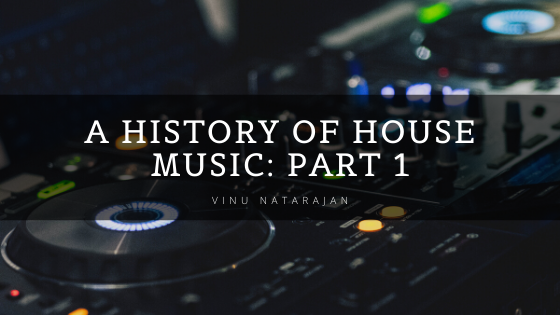Over the course of the last 45 years, house music has influenced the culture at large in profound and meaningful ways. Without exaggeration, everything from Top 40 pop in the vein of artists like Lady Gaga, Madonna, and Katy Perry to underground electronica in the style of Aphex Twin and Daft Punk owes its existence to the pioneering work of early house producers from cities like Chicago, Detroit, Berlin, and London.
Like many forms of music, there is no one particular style that defines house as a genre. Over the course of its history, offshoots of the house style developed in cities as diverse as Detroit, Michigan and Manchester, England. The acid house sub-genre was first established in Chicago during the 1980s, for example, but the Detroit techno and UK acid house scenes were revolutionized by the influence of Chicago producers. As soon as one city pioneered a style of house music, it seemed, another scene and another city would try to top it.
While it bears little resemblance to the musical style today, most house music actually has its roots in the disco movement that became popular in American cities like Philadelphia and New York City during the 1970s. Even now, most house music retains the steady “four on the floor” bass drum pattern that defined disco music in its heyday.
But it was the work of a handful of electronic artists within the disco scene who would really push house music producers onto their own unique path. Electronic music came to disco (and thereby to house music) mainly through the pioneering work of the producer Giorgio Moroder: Instead of using a full band in his productions, Moroder often opted for fully-synthesized disco arrangements that were unlike anything his audience had ever heard before.
His song “I Feel Love” was a huge success for the disco artist Donna Summer, but it was the total abandonment of organic instrumentation on the track that really captured the attention of diehard music fans: “I Feel Love” was made almost completely on synthesizers.
Like Moroder, the German band Kraftwerk were also beginning to experiment with wholly-electronic soundscapes during the 1970s. Although their songs were uniquely German in their content, the group’s albums and singles were massively influential on the underground dance circuit in America.
Be on the lookout for part 2 of this blog series – highlighting the progressive house music movement in the United States – coming soon.
